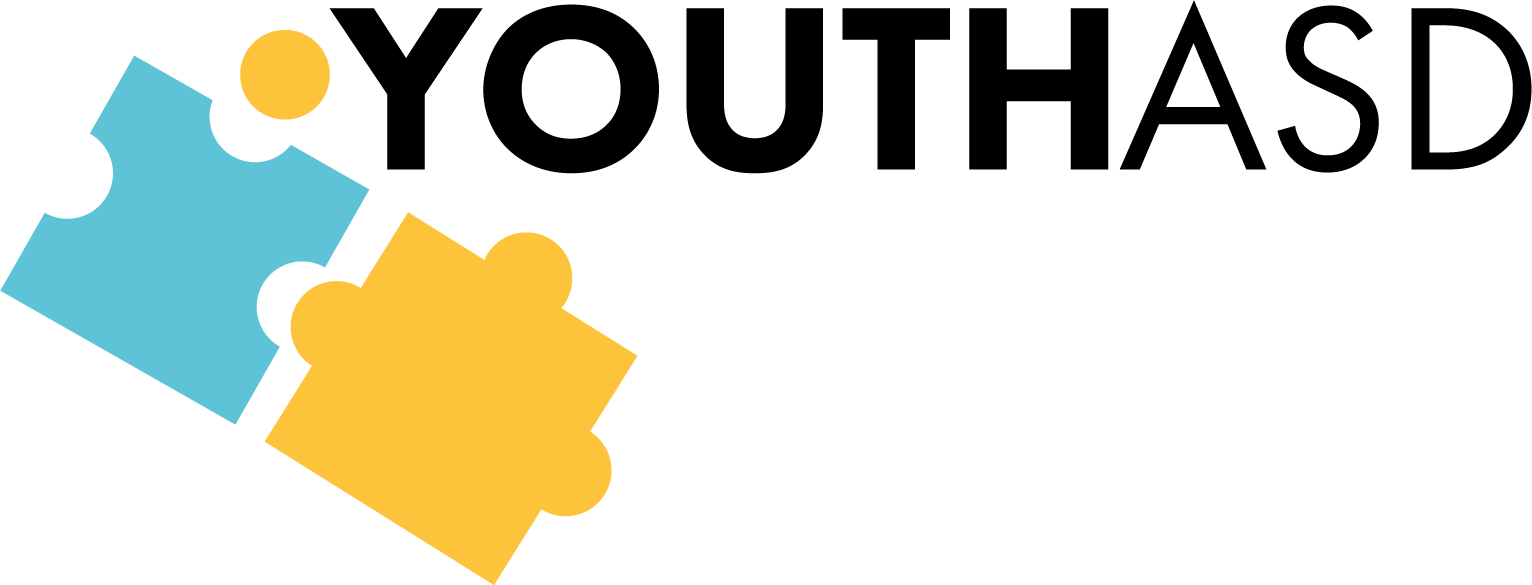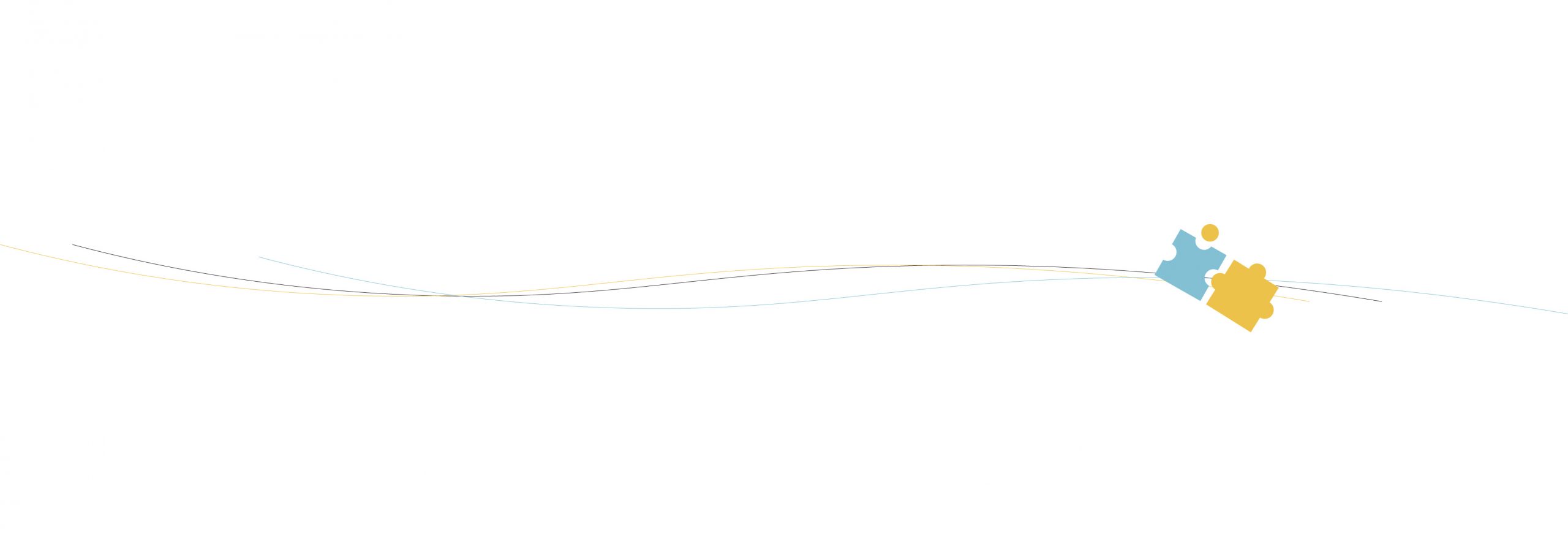The causes of Autism Spectrum Disorder (ASD) are still unclear, but recent scientific advances challenge the traditional view of autism as an untreatable disease by supporting the position that the Autism Research Institute (ARI) and its founder – psychologist and researcher Bernard Rimland – have always held: ‘Autism is treatable’. This emphasises the importance of promoting interventions that stimulate the psychophysical development of people with ASD and promote their autonomy and functioning.
In particular, multiple research studies on Autism Spectrum Disorder (ASD) have demonstrated the importance of social inclusion of young people living with this condition and its correlation with improving their quality of life. To date, many of the existing initiatives and interventions are aimed exclusively at people with ASD or other disabilities, while only a few involve real inclusion and integration between young people with autism and their neurotypical peers. The opportunity to interact, collaborate and share meaningful moments with one’s peers is a common need for all young people, the satisfaction of which can significantly affect their functioning and their quality of life. In order to increase initiatives that see the inclusion of people with ASD with the community, it is necessary to provide training opportunities for the upskilling of local and community youth organisations to enable them to include youth with ASD in their initiatives.
In this regard, the European project YouthASD, funded by the Erasmus+ programme, aims to develop the skills of youth organizations and youth workers so that they are better able to promote inclusive, accessible and attractive activities that meet the needs of people with ASD.
In the first phase, the project partners conducted a national analysis in the different European countries they represent (Italy, Denmark, Spain, Greece and Cyprus) in order to identify best practices and existing initiatives concerning the inclusion of young people with ASD and to understand the current policies and guidelines of the relevant institutions. In addition, interviews were conducted with professionals, youth workers, families of individuals with ASD and individuals with ASD in order to identify the needs of each. The results of this research have been summarised in a report that will be preparatory to the development of training materials.
It emerged from all the interviews conducted that, despite the initial appearance of rejection, young people with ASD have a strong need to feel included and active part of society, and that in order to promote this, it is important firstly to disseminate adequate knowledge about this condition. Furthermore, a strong emphasis was placed on the need to acquire appropriate strategies for communicating and relating with people with ASD. A report was then developed comparing what emerged in individual partnership countries on the topic.
This report can be viewed and downloaded for free at this link:
INCLUSION OF YOUTH WITH ASD: Report of national researches and contexts analysis
Guide for youth organizations on structures and strategies for the inclusion of people with ASD
To find out more about the project and to get involved in our future activities, please visit our project website – https://youthasd.eu/


